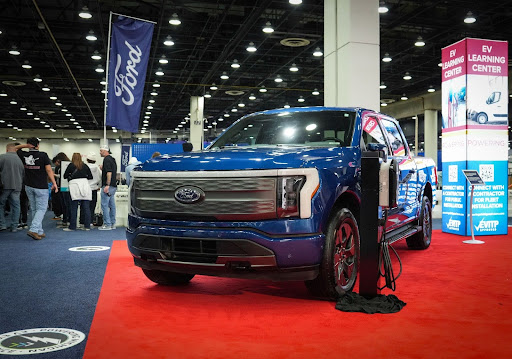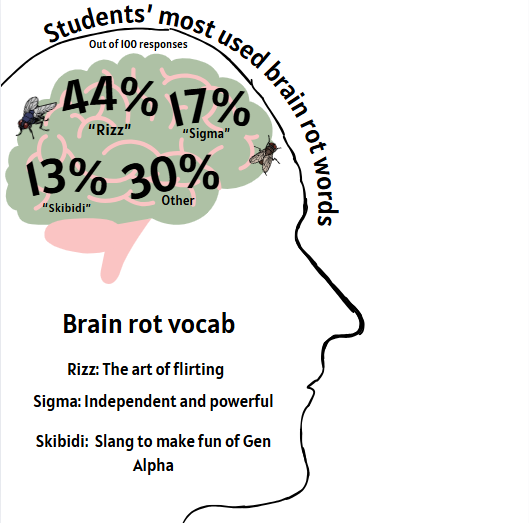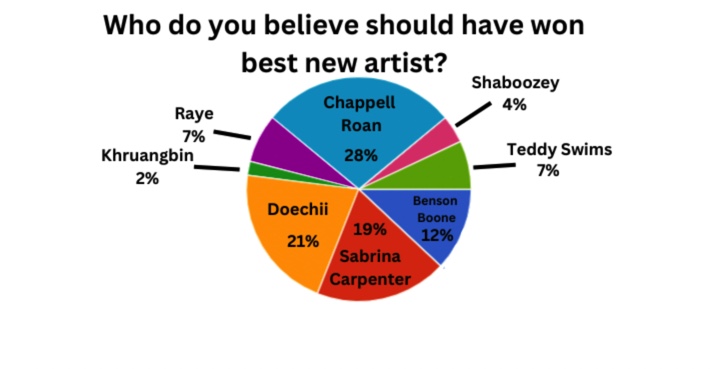After former President Donald Trump was linked to allegations surrounding the 2020 presidential election and failure to prevent his supporters from breaching the Capital Building on Jan. 6, 2021, several states questioned his eligibility to seek the presidency in 2024. Two of the states, Colorado and Maine, expressed unease over the issue of if Trump should be on the voting ballots, but with the recent concerns from state courts, the Supreme Court concluded that Trump remains qualified to run for president.
While some believe that Trump shouldn’t be on the 2024 ballot, senior and first time voter Kimberly Perry advocates for his inclusion on the voting ballots to ensure fairness in the electoral process for all, regardless of her own opinion that criminals should be able to run in elections.
“We have the largest prison population on the planet and all those people can’t vote or partake in the electoral process,” Perry said. “That’s a huge section of the population whose voices we are just cutting off because there are a lot of people in prison who are there for non-violent offenses and drug charges.”
While adults are the only ones that can vote and help choose the nation’s leader, America’s future voters are also getting involved and educating themselves on the complicated politics of America, like freshman Gus Schroeder, who says that if Trump is elected president, his rights could be jeopardized.
“He would get rid of a lot of rights to minorities probably as he has in the past, so depending on what he does it could affect me,” Schroeder said.


















